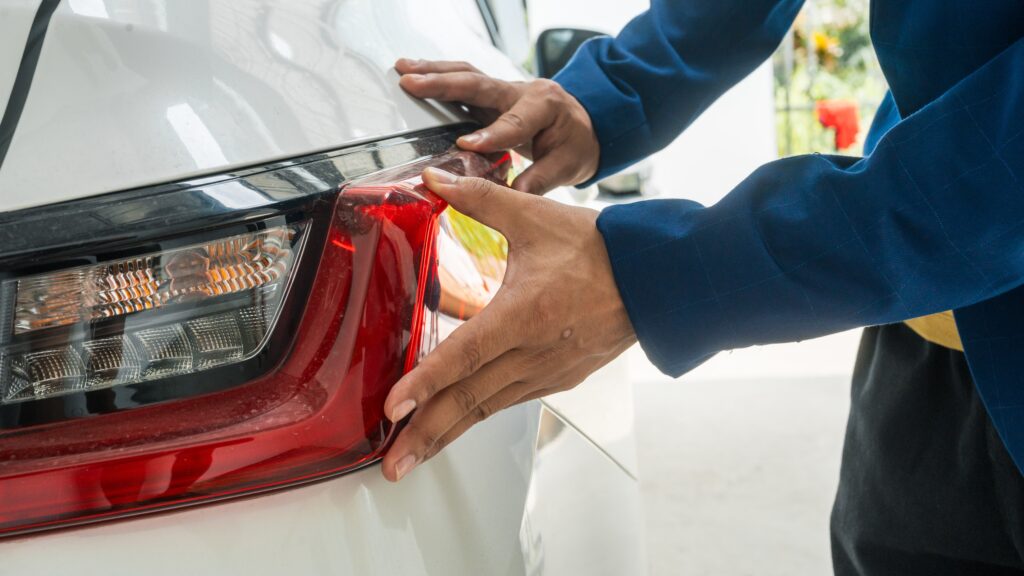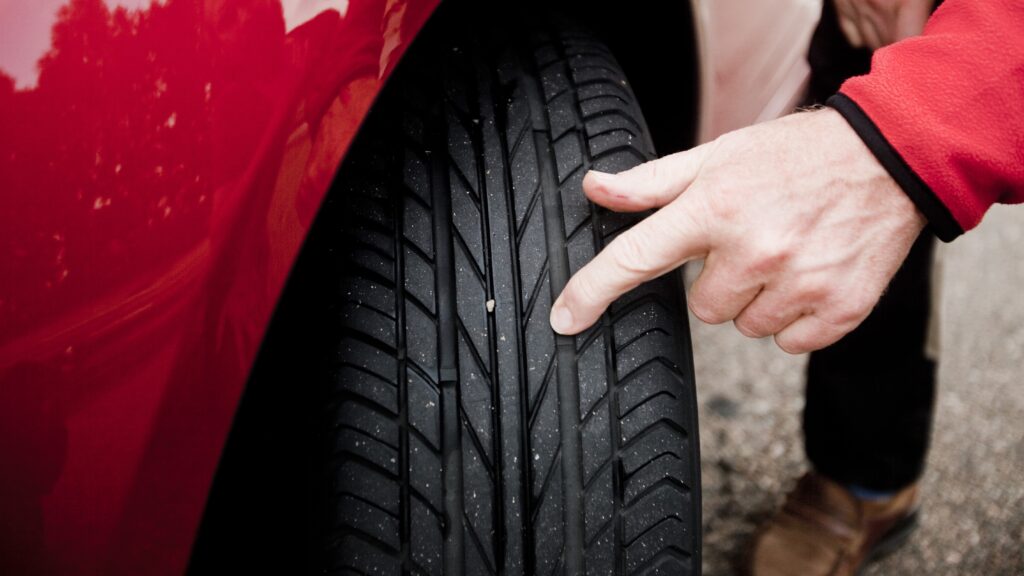Safe driving depends not only on your attention but also on how well you maintain your vehicle on a daily basis.
Even minor issues can quickly become dangerous and significantly increase the risk of serious accidents.
In a state like Texas, where drivers often cover long distances daily, proper maintenance is essential to stay safe behind the wheel.
This blog explains how regular vehicle care can help to prevent accidents and ensure you stay protected on every trip.
Why Vehicle Maintenance Helps Prevent Accidents
Vehicle maintenance is essential to reduce the risk of accidents by keeping all systems functioning properly and reliably.
It minimizes the chances of unexpected breakdowns and ensures your vehicle responds effectively in critical moments
Ultimately, routine maintenance gives drivers the confidence and stability needed to stay safe and avoid dangerous situations every day.
Common Maintenance Failures That May Prevent Accidents If Addressed on Time

Some mechanical issues don’t seem urgent until they lead to sudden loss of control or reduced visibility while driving.
Understanding which parts of your vehicle most impact safety can help you avoid dangerous situations on the road.
Here are four common mechanical issues that increase the risk of accidents:
1. Tire Problems
Tires are your only contact with the road, so their condition directly affects grip, steering, and braking performance.
When they’re worn out or underinflated, your ability to react quickly or maintain control drops significantly, especially during sudden stops or rain.
A simple habit like regularly checking your tire pressure can help prevent accidents and keep your vehicle safer and more stable.
To stay safe, make sure to:
- Check tire pressure at least once a month and before long trips.
- Inspect tread depth regularly and replace tires when they’re too worn.
- Rotate tires every 5,000 to 8,000 miles to promote even wear.
- Replace tires every 6 years or between 40,000 to 60,000 miles, depending on usage and manufacturer guidelines.
2. Faulty Brakes
Brakes must respond instantly, as any delay can lead to collisions, especially during sudden stops or emergency situations.
If your brake system is neglected, problems like worn pads, low fluid, or damaged rotors can seriously reduce stopping power and compromise your safety.
That’s why routine brake inspections are key to preventing accidents and avoiding dangerous surprises on the road.
To maintain your brakes properly:
- Listen for squeaking, grinding, or vibration when braking, and address any issues immediately.
- Replace brake pads based on wear indicators or manufacturer timelines.
- Check brake fluid regularly and have it flushed according to your car’s service schedule.
- Schedule professional inspections at least once a year, or sooner if you drive in heavy traffic or hilly areas.
3. Broken Lights and Signals
Lights and signals do more than illuminate the road, they communicate your actions to other drivers in real time.
When they stop working, your vehicle becomes unpredictable to others, especially in low-visibility conditions like fog, rain, or nighttime driving.
Besides, driving without functioning lights or signals not only increases your accident risk , it can also get you pulled over by the police.
Addressing these issues promptly can help prevent accidents caused by miscommunication or being unseen at critical moments.
To keep your lights and signals working properly:
- Test all lights, headlights, brake lights, turn signals, and hazard lights, at least once a month.
- Replace burned-out bulbs immediately to avoid driving with limited visibility.
- Clean headlight lenses to remove cloudiness and improve brightness.
- Consider upgrading to LED bulbs for longer life and better performance.
4. Steering or Suspension Issues
If your vehicle pulls to one side or feels unstable, you might have suspension or steering problems.
These issues make it harder to react quickly or stay in your lane, increasing the chance of a crash.
Regular inspections help catch these problems early before they escalate.
To keep your steering and suspension in good condition:
- Pay attention to pulling, drifting, or uneven tire wear, which may signal alignment or suspension issues.
- Listen for clunking or rattling noises when driving over bumps.
- Have your alignment checked if you hit a pothole or curb.
- Schedule a suspension inspection every 12 months or as recommended in your vehicle’s manual.
How Inspections and Repairs Prevent Accidents Before They Happen

Vehicle maintenance isn’t just about performance, it’s a key part of staying safe on the road.
Here’s how ongoing upkeep helps:
- Improves visibility and communication with working headlights, brake lights, and turn signals, especially in low-visibility conditions.
- Ensures instant braking response by keeping pads, fluid levels, and rotors in good condition.
- Keeps your vehicle stable and responsive by detecting early signs of steering or suspension problems.
- Maintains grip and control with properly inflated, well-maintained tires.
- Catches small problems early, before they become serious safety risks while driving.
By sticking to a maintenance routine, you reduce the chances of unexpected failures, miscommunication with other drivers, and loss of control in critical moments.
When Maintenance Isn’t Enough: Why Legal Help Still Matters
Even if your car is in perfect shape, you can’t control other drivers.
If you’re involved in a crash caused by someone else, or if they claim you’re at fault due to poor maintenance, having legal support becomes essential.
In some cases, even with proof of maintenance, insurance companies may delay or undervalue your claim.
An experienced attorney can help defend your rights, especially in complex cases involving liability or insurance disputes.
Stay Protected: Maintain Your Car and Prevent Accidents
Preventing car accidents starts with small, responsible actions and routine maintenance is one of the most important.
By staying proactive, you not only protect your own safety but also contribute to safer roads for everyone.
If you’re involved in an accident anywhere in Texas, call 844-324-HURT to get legal support tailored to your recovery needs.
Your health, rights, and peace of mind are too valuable to leave to chance.








